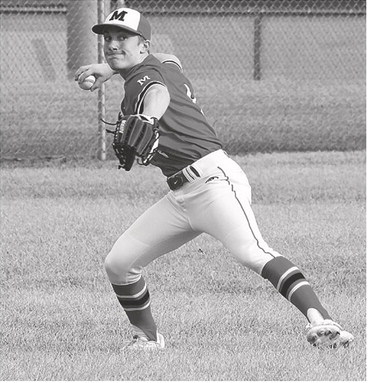DNR moving to bag limit/quota for otters
The Wisconsin Department of Natural Resources will shift to a bag limit/quota for otters in November. This change is intended to simplify regulations while maintaining safeguards that ensure the river otter population remains abundant.
“River otters are found throughout the state and appear to be thriving,” said Dr. Nathan Roberts, DNR furbearer research scientist. “We use multiple information sources to assess otter populations and the sustainability of otter harvests.”
Annual harvest goals and permit availability are determined based on the best available scientific data. During recent trapping seasons, the number of otter permits available exceeded the number of applicants. As a result, many applicants receiving two permits.
Trappers interested in harvesting otters are no longer required to apply for a river otter permit. Instead, otter harvest authorizations will be issued to trappers when they purchase their trapping license.
“By moving to a bag limit, we are simplifying the process for trappers,” said Shawn Rossler, DNR furbearer specialist. “There will no longer be an application deadline to remember or physical permits to wait for in the mail. The department can still regulate harvest by restricting the total number of otter that can be harvested each season by using a statewide quota.”
Two otter harvest authorizations per trapping license will be issued for the 2020-21 season and can be used in either the Northern and/or the Southern otter zone. The key point to remember is that each harvest authorization permits the take of one otter, just like with a tag.
For each otter registered, trappers will use their unique harvest authorization number to begin the harvest reporting process in GameReg. Trappers will also need to provide the county and game management unit of harvest during the harvest reporting process.
Physical registration with a conservation wardenorotherauthorizedDNRstaff is still a mandatory requirement. Trappers must report their otter by phone or online within 24 hours of harvest. These requirements allow the department to monitor otter harvest throughout the season. If the harvest approaches the season quota, the department can shut down the season early to ensure the approved quota isn’t exceeded.
Trapping in Wisconsin is highly regulated to ensure that wildlife management goals are met and healthy populations are sustained. New trappers must pass a trapper education course before purchasing a trapping permit. For more information regarding changes to the river otter season framework, go to https://dnr. wi.gov/topic/Trap/.




